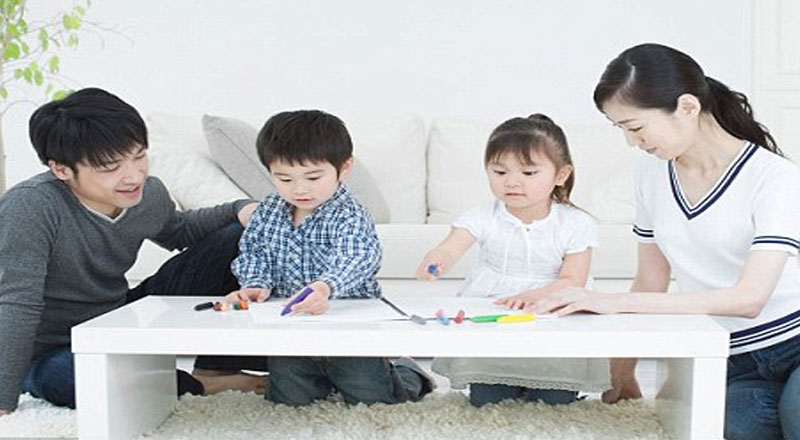- Japan will cease to exist if it can’t slow a fall in its birth rate that threatens to wreck the social safety net and economy, according to an adviser to Prime Minister Fumio Kishida.
- Last year, about twice as many people died as were born in Japan, with fewer than 800,000 births and about 1.58 million deaths.
- The population has fallen to 124.6 million from a peak of just over 128 million reached in 2008, and the pace of decline is increasing. Meanwhile the proportion of people 65 or over rose to more than 29% last year.
- If nothing’s done, the social security system would collapse, industrial and economic strength would decline and there wouldn’t be enough recruits for the Self-Defence Forces to protect the country, she added.
Japan will cease to exist if it can’t slow a fall in its birth rate that threatens to wreck the social safety net and economy, according to an adviser to Prime Minister Fumio Kishida. “If we go on like this, the country will disappear,” Masako Mori said in an interview in Tokyo after Japan announced on Feb. 28 the number of babies born last year slumped to a record low. “It’s the people who have to live through the process of disappearance who will face enormous harm. It’s a terrible disease that will afflict those children,” she added.
Last year, about twice as many people died as were born in Japan, with fewer than 800,000 births and about 1.58 million deaths. An alarmed Kishida has vowed to double spending on children and families in a bid to control the slide, which is progressing even faster than forecast.
The population has fallen to 124.6 million from a peak of just over 128 million reached in 2008, and the pace of decline is increasing. Meanwhile the proportion of people 65 or over rose to more than 29% last year. While South Korea has a lower fertility rate, Japan’s population is shrinking faster.
“It’s not falling gradually, it’s heading straight down,” said Ms Mori, an upper house lawmaker and former minister who advises Kishida on the birth rate problem and LGBTQ issues. “A nosedive means children being born now will be thrown into a society that becomes distorted, shrinks and loses its ability to function.”
If nothing’s done, the social security system would collapse, industrial and economic strength would decline and there wouldn’t be enough recruits for the Self-Defence Forces to protect the country, she added. While reversing the slide now would be extremely difficult due to the fall in the number of women of child-bearing age, the government must do everything it can to slow the plunge and help mitigate the damage, Ms Mori said.
Mr Kishida has yet to announce the content of his new spending package, but has said it will be “on a different dimension” from previous policies. So far, he’s mentioned increasing child allowances, improving childcare provision and changing working styles.
But critics contend throwing money at families who have children is not enough to address the problem. A paper from a government panel on gender equality said comprehensive changes are needed that include reducing the burden on women of raising children and making it easier for them to participate in the workforce after giving birth. Ms Mori criticized what she said was a tendency to think about the issue separately from finance, trade, and particularly from female empowerment. “Women’s empowerment and birth rate policies are the same,” she said. “If you deal with these things separately, it won’t be effective.”





